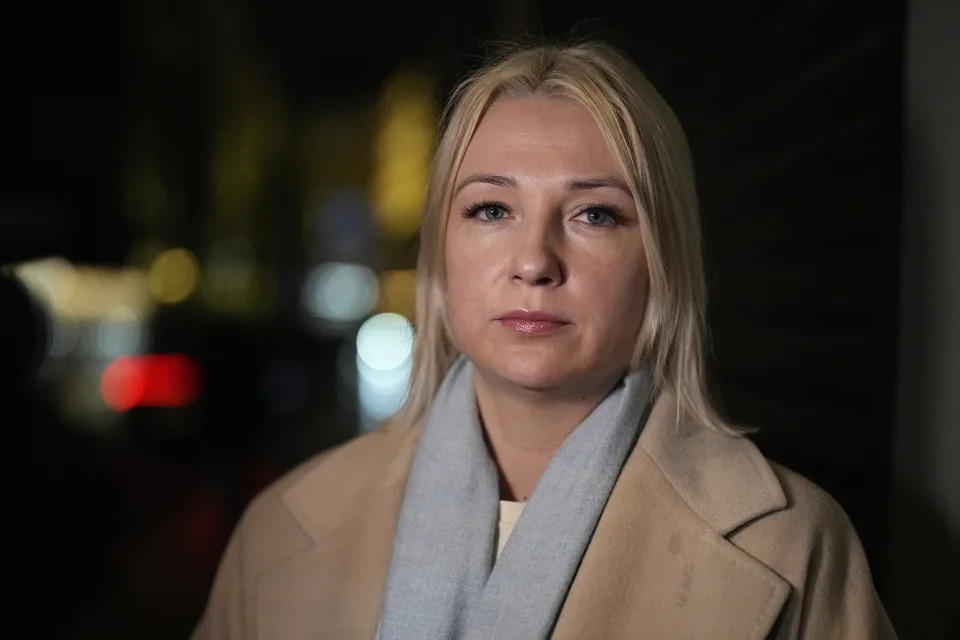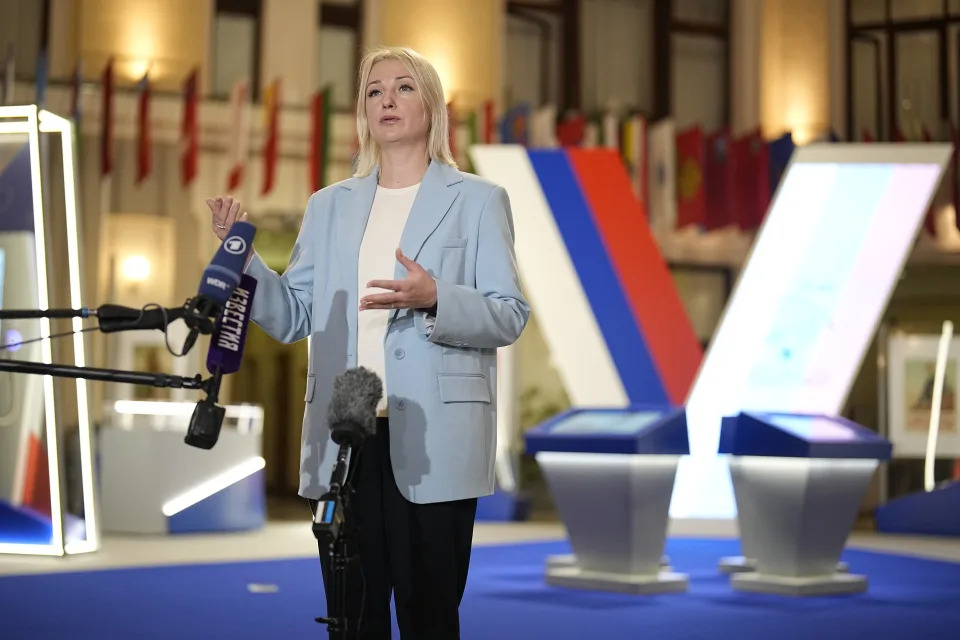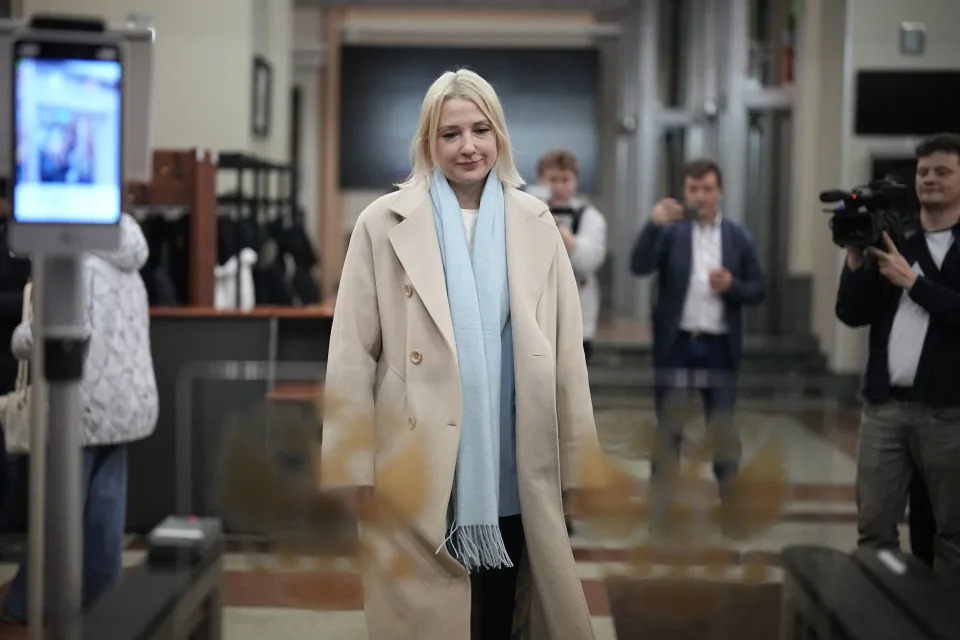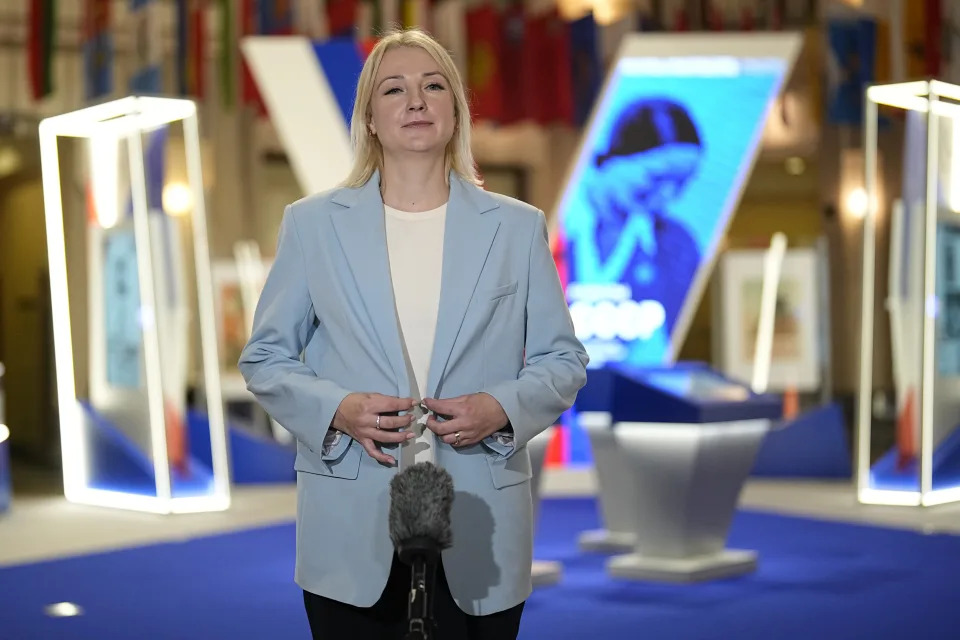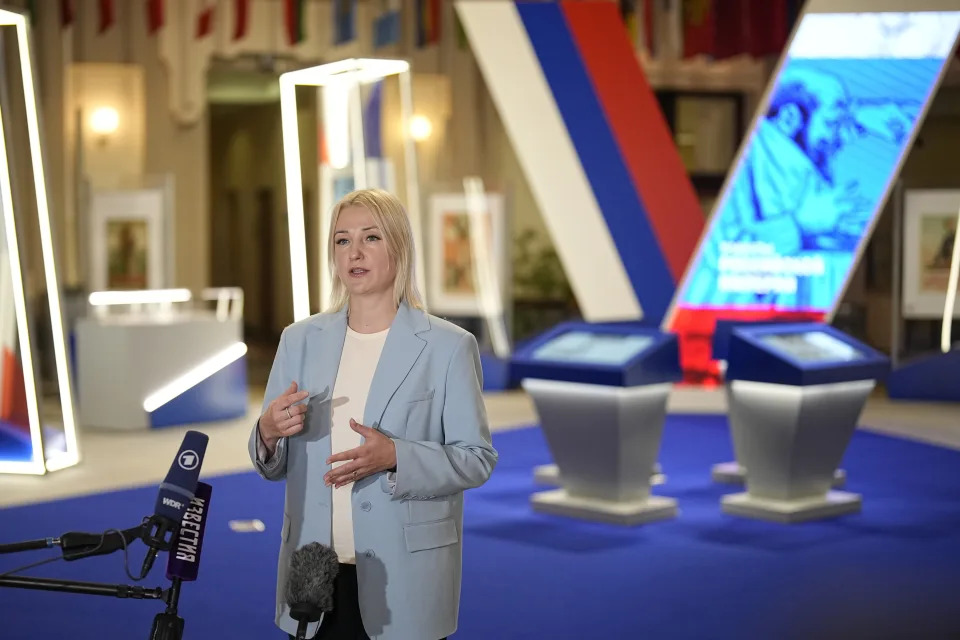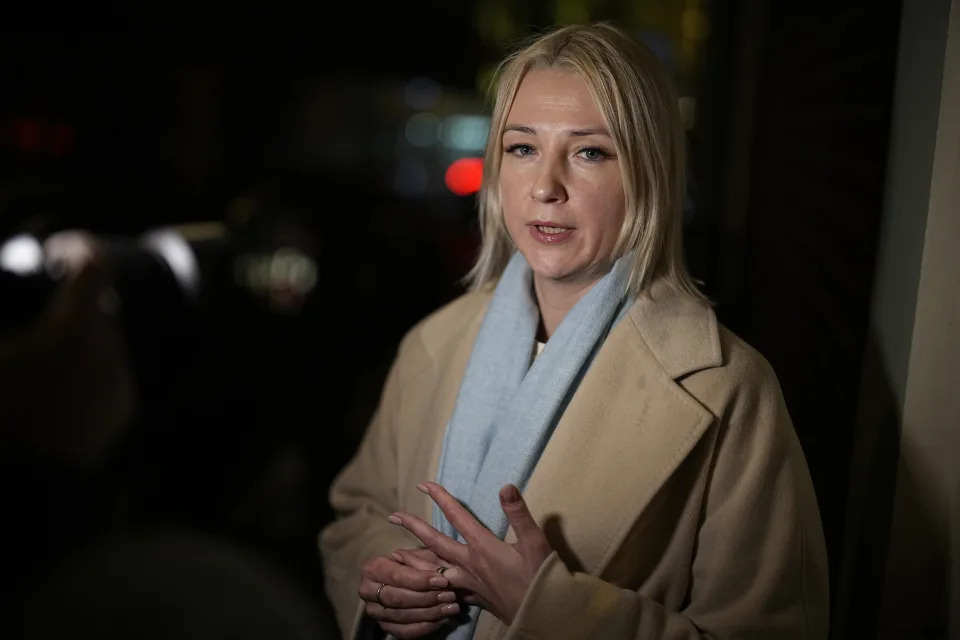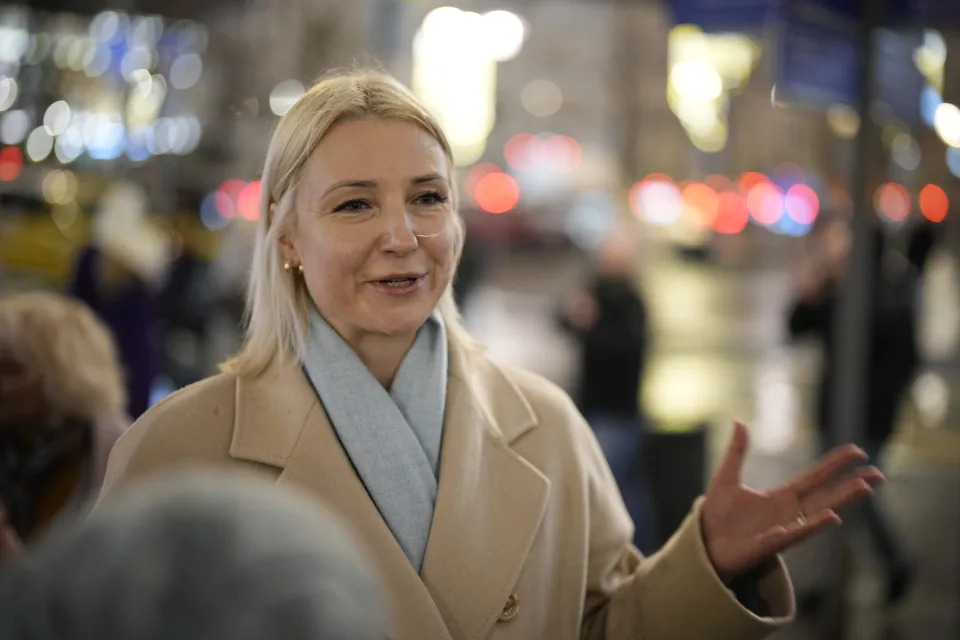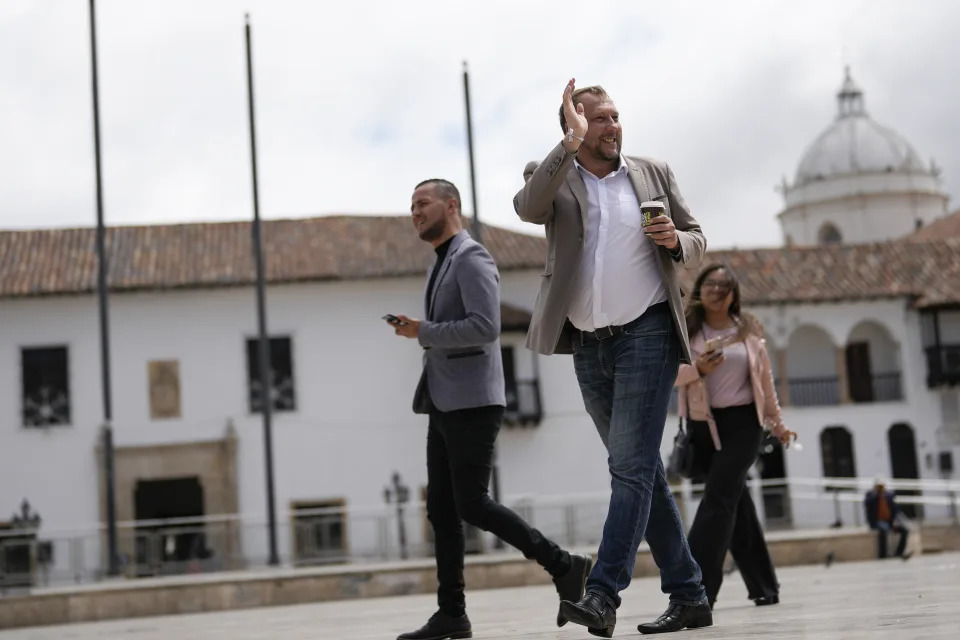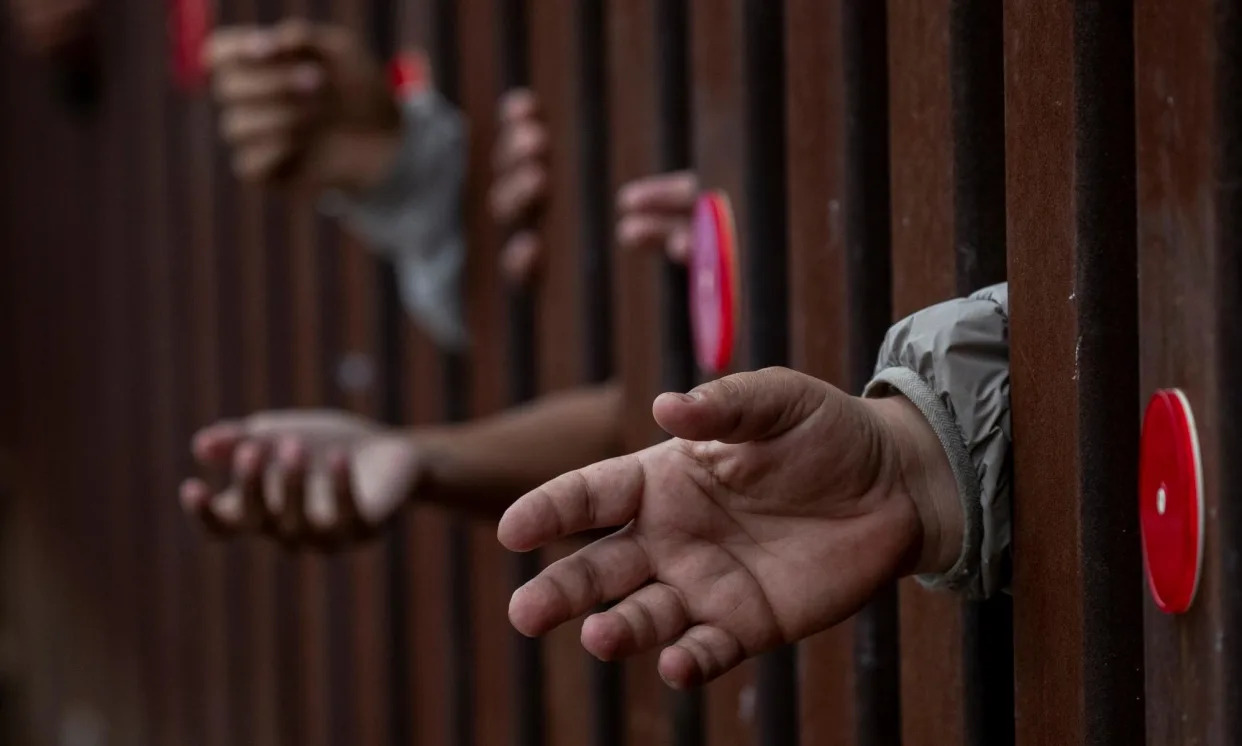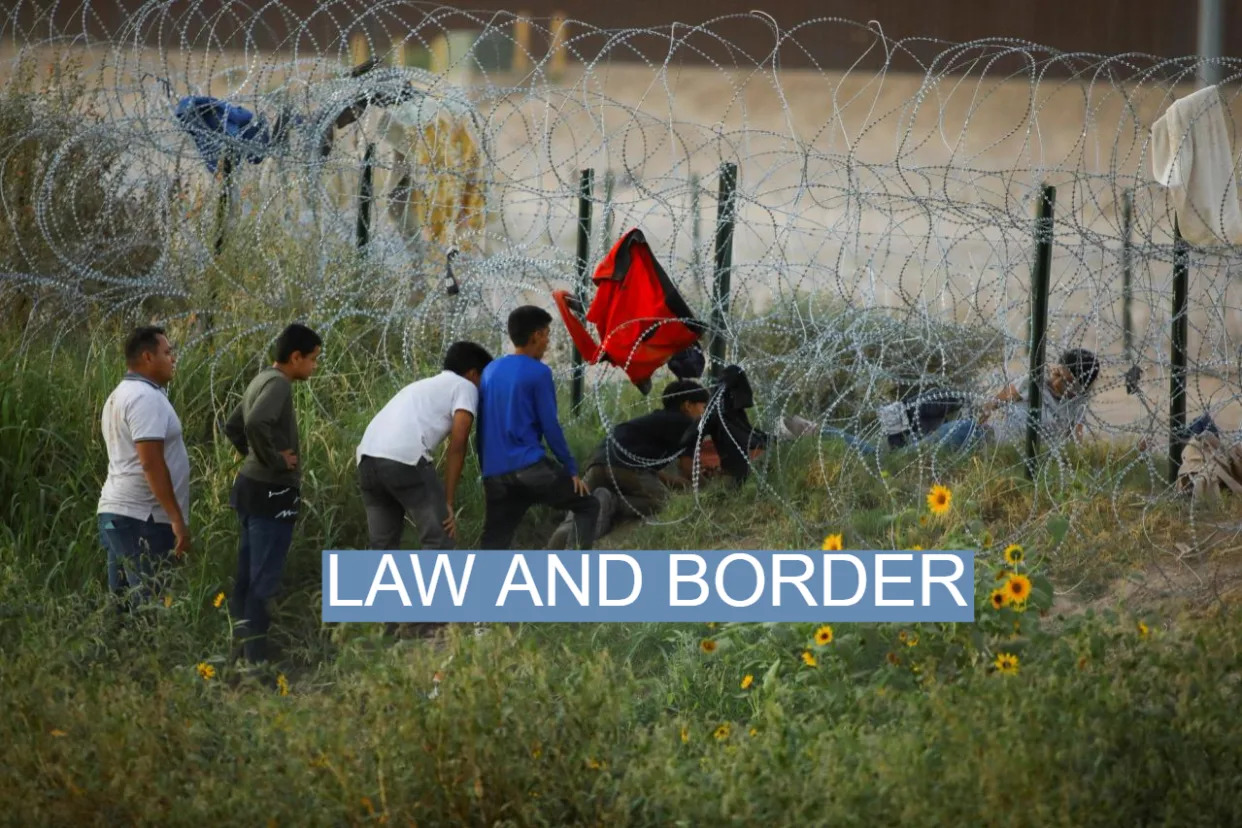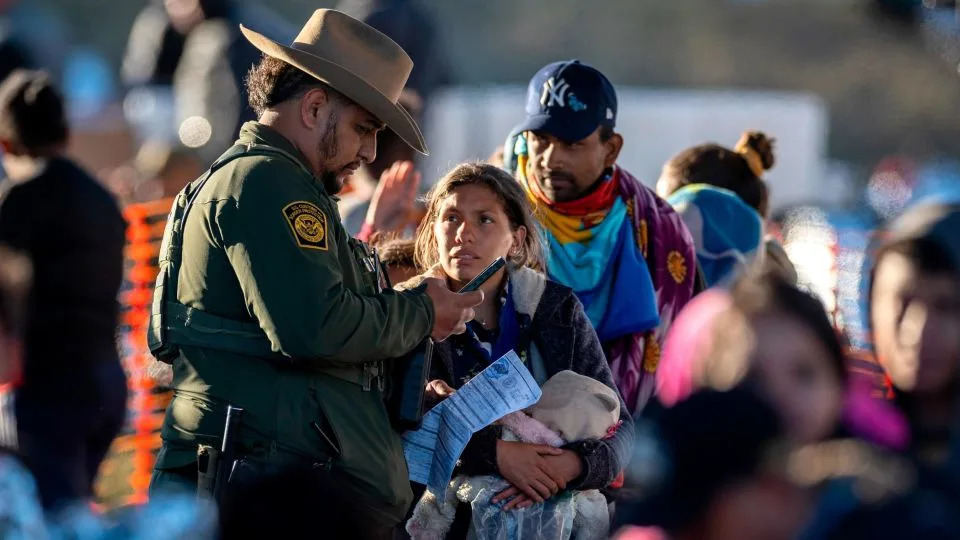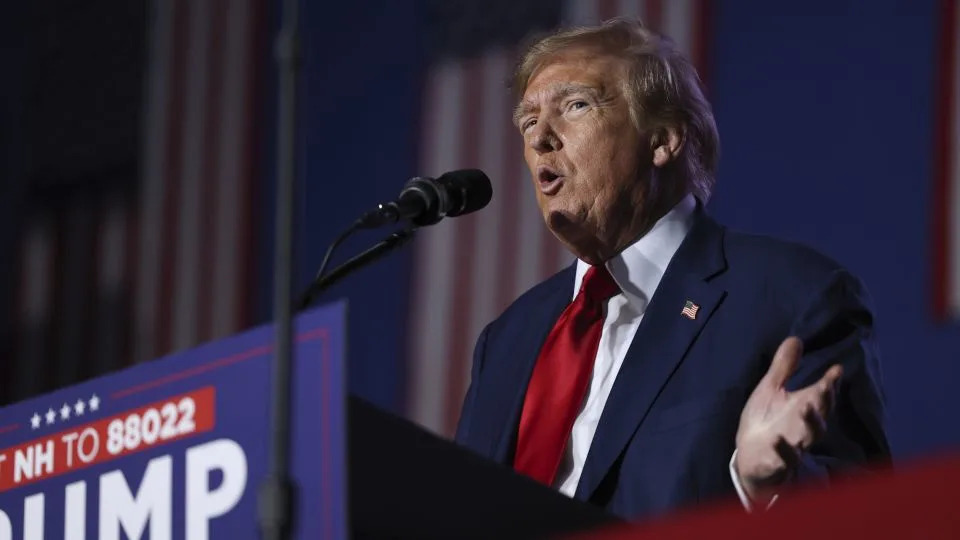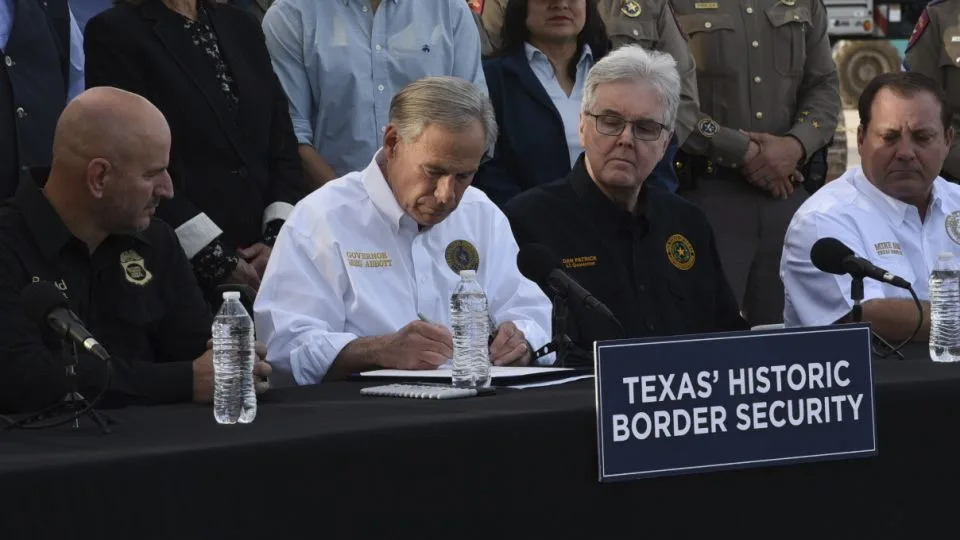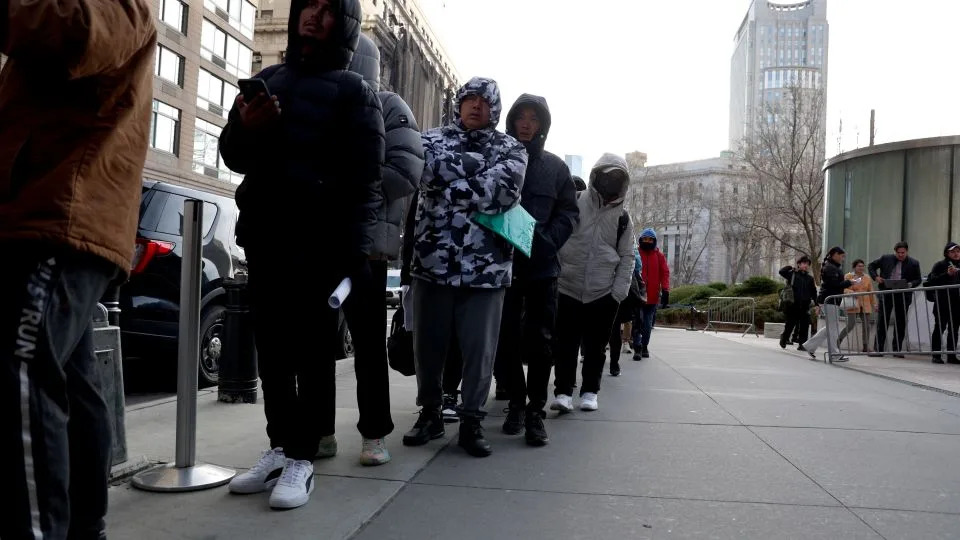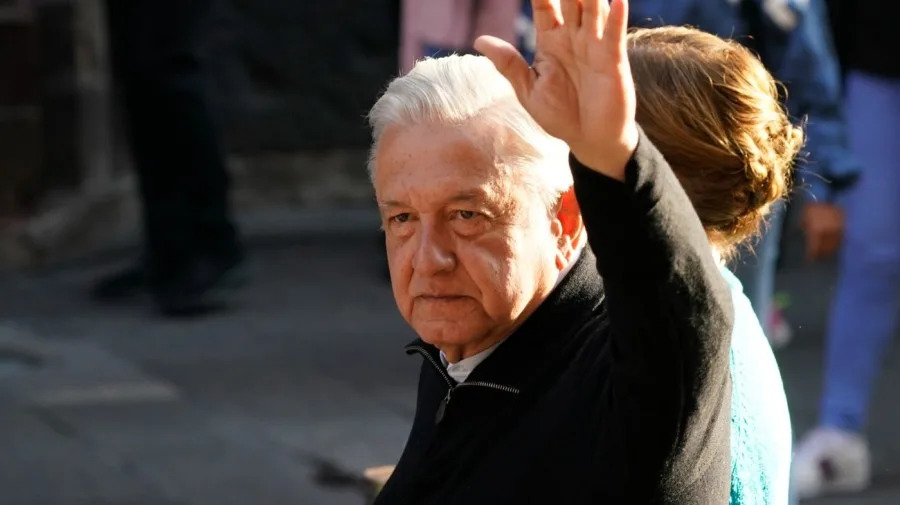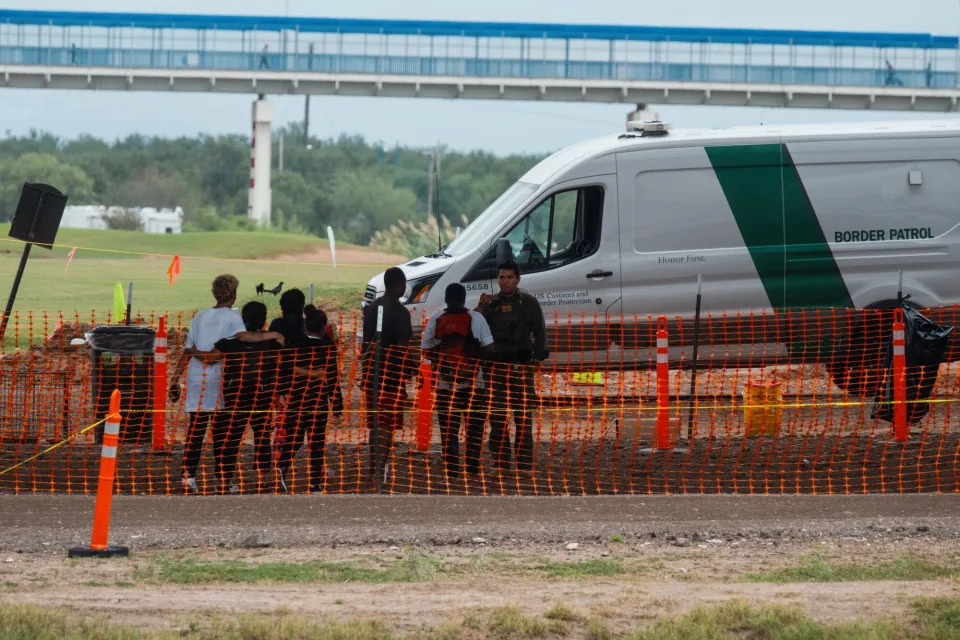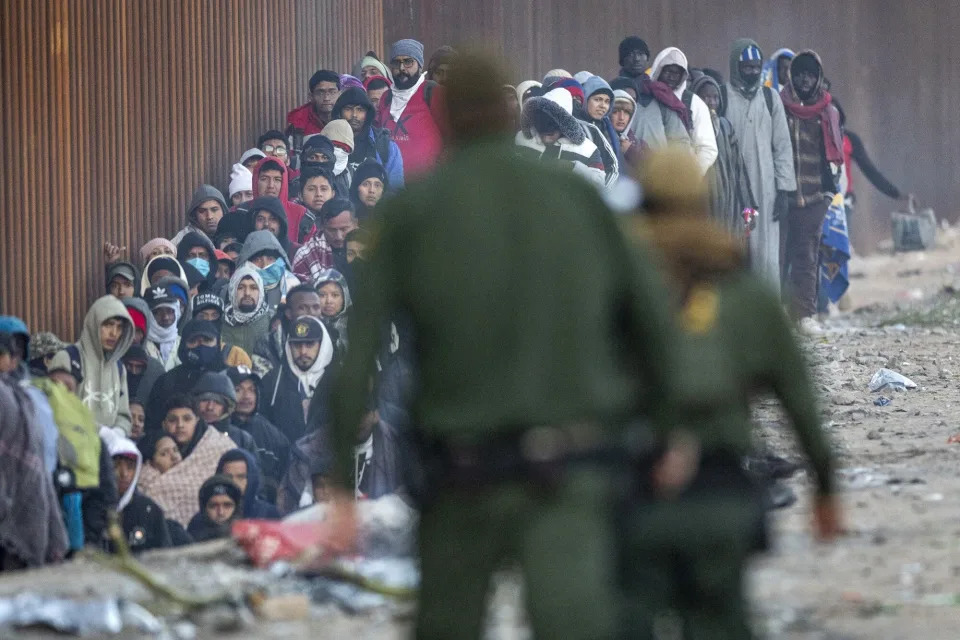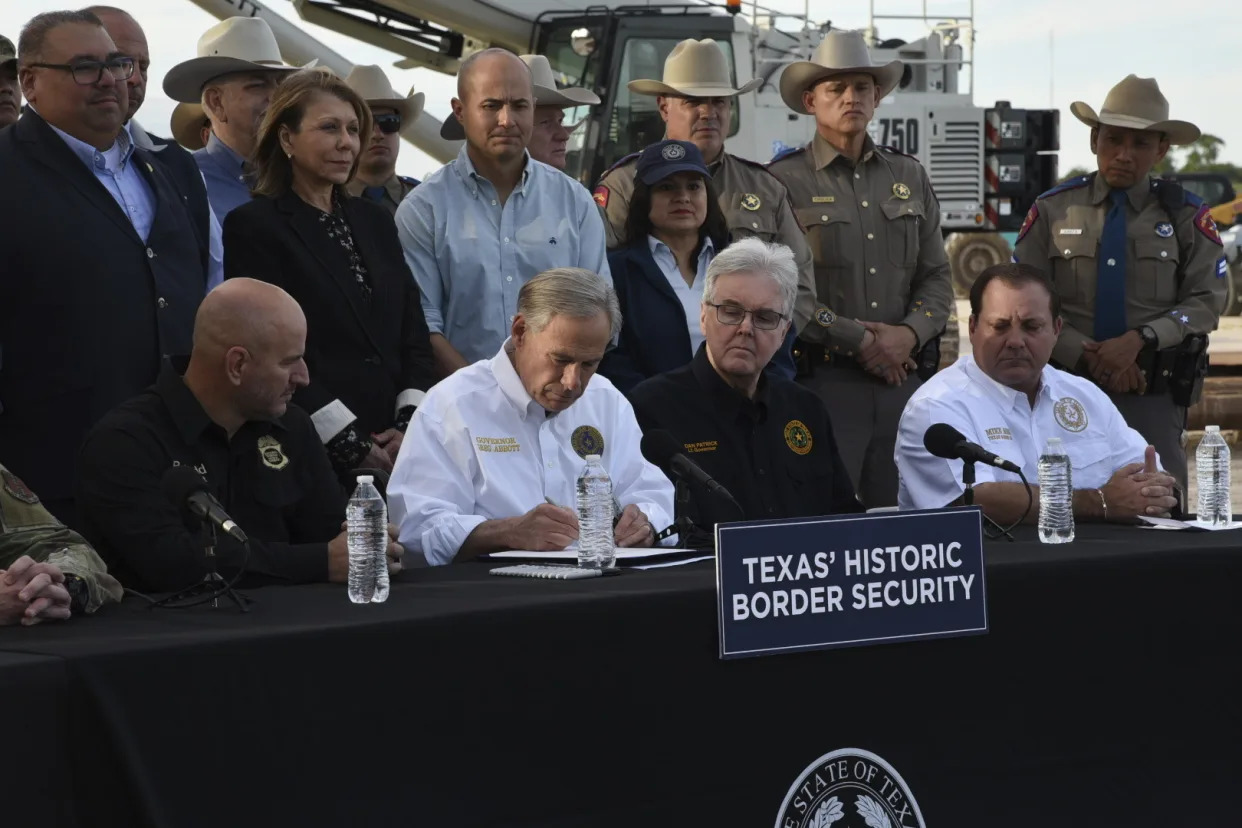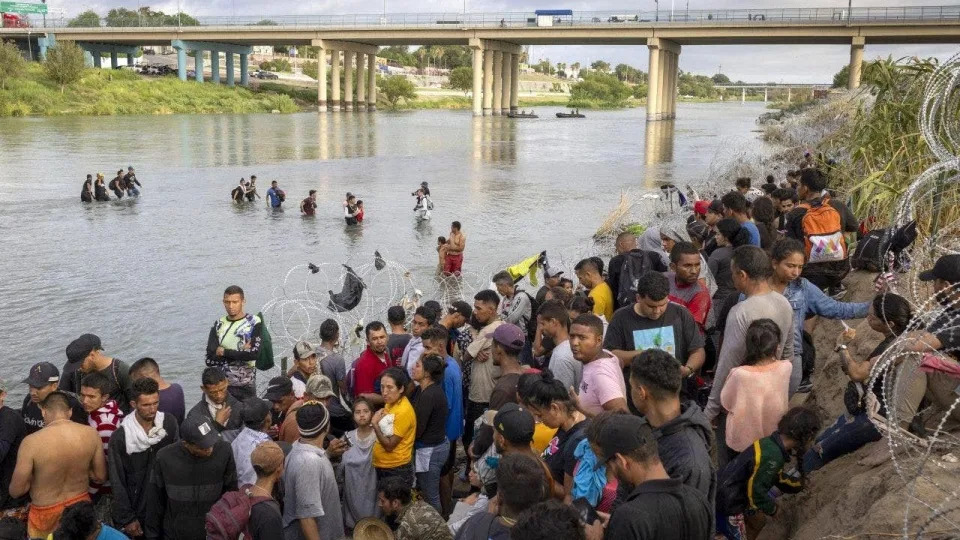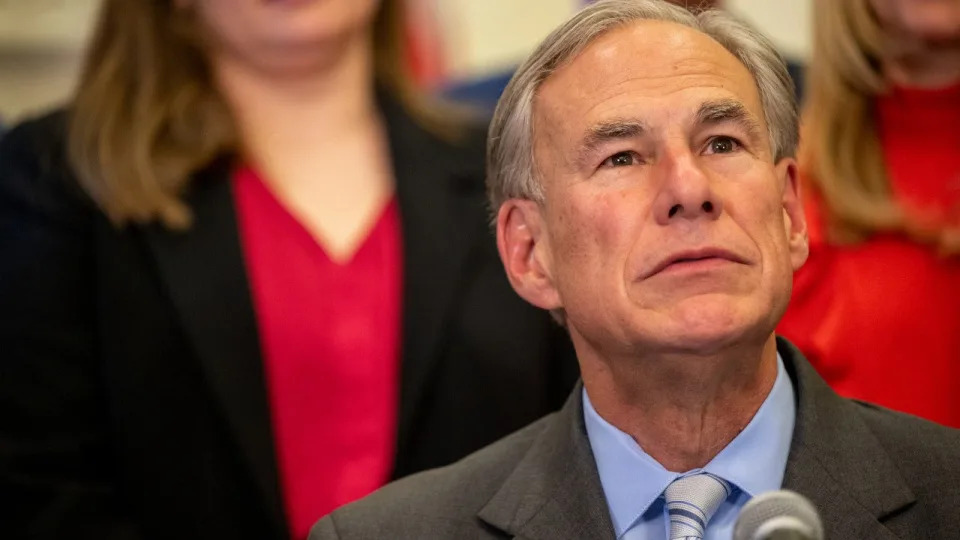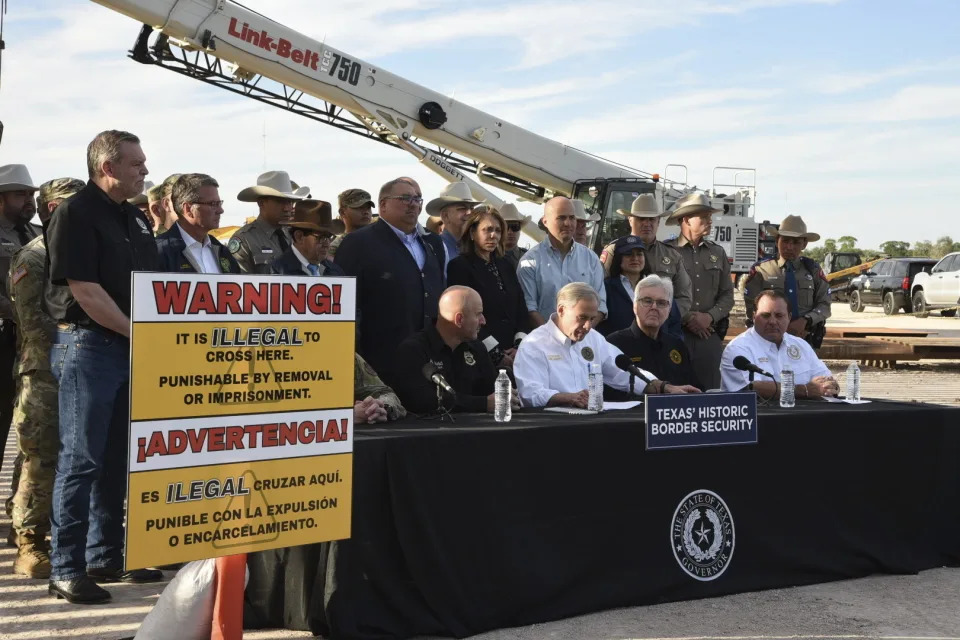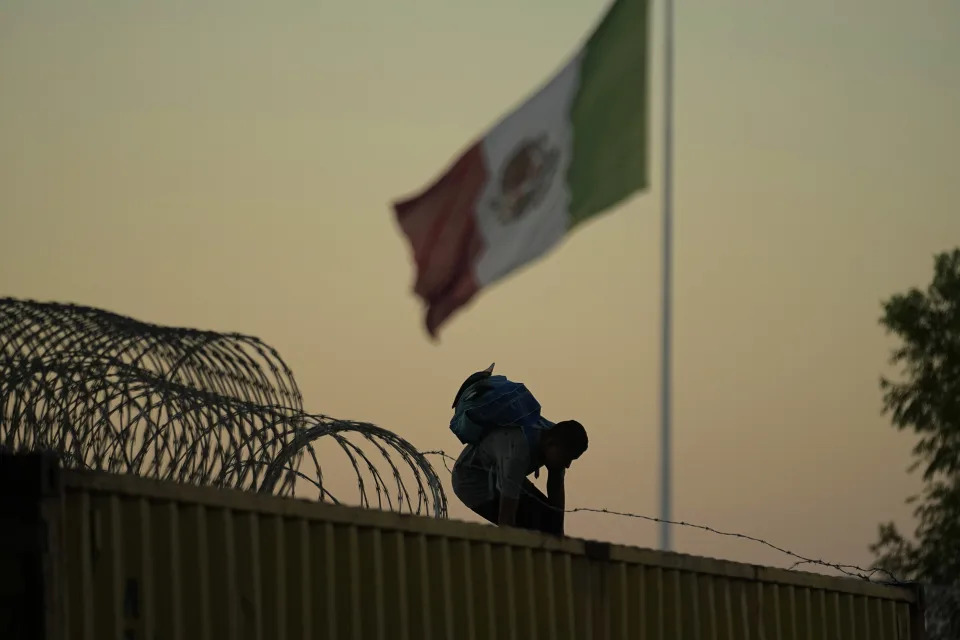India pushes controversial criminal reform after purging opposition lawmakers
Diego Mendoza
Wed, December 20, 2023
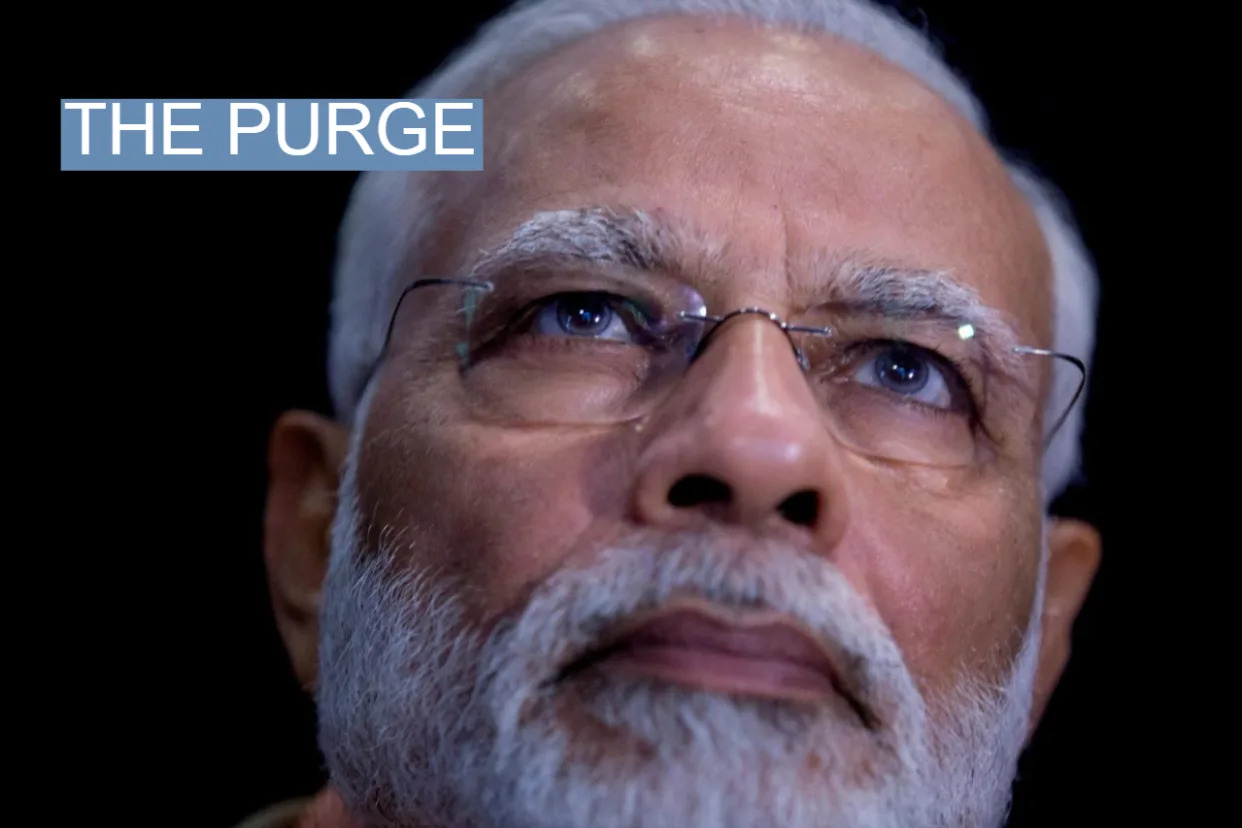
Semafor Signals
Insights from The Wire India, Author S. Meghnad, Brookings’ Tanvi Madan
India’s lower house of parliament passed crucial criminal law bills after suspending dozens of opposition lawmakers, exacerbating concerns over the state of democracy in India.
More than 141 members of parliament were suspended after being accused of disrupting proceedings for protesting a recent security breach in which six intruders deployed canisters of non-toxic gas inside the building. The opposition had been calling on Prime Minister Narendra Modi to address the issue, which he has so far refused to do.
While opposition politicians have been suspended before, the high number this time has prompted critics to accuse Modi of purging dissent to push forward his Hindu nationalist agenda.
SIGNALSSemafor Signals: Global insights on today's biggest stories.
Lack of opposition paves way for controversial criminal justice reformSources: Times of India, OPIndia, Author S. Meghnad, Opposition MP Saket Gokhale
The Indian government is pushing forward with criminal reform bills that they claim “will free people from the colonial mindset and its symbols,” the Times of India reported. While one of those bills makes mob lynching a crime punisheable by death, critics are warning that other reforms will make it easier for the government to silence dissent: one law defines a threat to economic security as a terrorist act, the other penalises those who “speak against the country.” Saket Gokhale, an MP who was not suspended, called the reforms “draconian” and said the purge was done so that opposition figures couldn’t “tell people how dangerous they are.” Several other significant bills are also being considered for passage, prompting one public policy advocate to say, “Speaks so poorly of the Indian Parliament if the government is only using [suspensions] as a rubber stamp to push through Bills without discussion.”
More than 10% of India’s population no longer has representationSources: The Wire India, The Diplomat
About 147,698,507 constituents are left without parliamentary representation, according to the Wire India. This has created a “data-deficient regime” where MPs can no longer ask the government questions on voters’ behalf leading to a lack of accountability. Questions for Modi following the security breach are now particularly pertinent over broader, nation-wide security practices across critical infrastructure, including nuclear power installations. “To try and shut [MPs] up by suspensions is only making the silence on accountability loom larger,” writes Wire editor Seema Chishti.
Modi’s behavior confounds analysts on future of U.S.-India tiesSources: Brookings’ Tanvi Madan, News18 Editor Shubhangi Sharma
Delhi watchers seem unsure about what India’s democratic blackside means for the future of U.S.-India relations, with some analysts often changing their theories depending on new developments, Brookings fellow Tanvi Madan wrote. One camp believes that Washington “needs India so much that India can get away with anything,” she said. Others argue that the Biden administration is orchestrating a “controlled implosion” of U.S.-India ties as Democrats pressure the White House to be more forceful against Modi. This discrepancy could muddle future foreign policy for Delhi and shows that “India needs more U.S. specialists,” Madan argued
Parliament winter session: India opposition fury as 141 MPs suspended
Meryl Sebastian - BBC News, Kochi
Tue, December 19, 2023
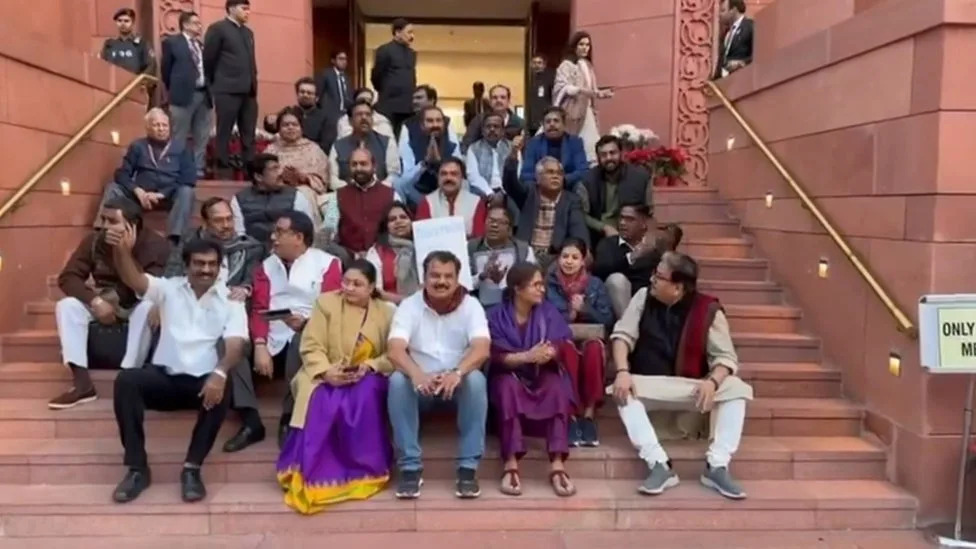
Some of the suspended MPs protested outside parliament on Monday
India's parliament has witnessed heated protests after 49 more opposition MPs were suspended, taking the total number of barred lawmakers to 141.
The MPs were protesting against last week's security breach in parliament.
On Monday, the opposition accused Prime Minister Narendra Modi's government of attacking democracy after a record 78 MPs were suspended in one day.
Most of the lawmakers have been barred for the rest of the winter session, which ends on Friday.
But around two dozen of them may have to stay away for longer, depending on the decision of the parliament's privileges committee.
Most of the suspended MPs are part of the INDIA alliance, a coalition of opposition parties that hopes to take on Mr Modi's Bharatiya Janata Party (BJP) in next year's general election.
The alliance has 142 MPs in the 543-member Lok Sabha - the lower house of parliament - of which 95 have now been suspended. It has 101 MPs in the 250-member upper house or Rajya Sabha (a few seats are vacant) - of these, 46 have been suspended.
"Unfortunately, we have to start writing obituaries for parliamentary democracy in India," Congress MP Shashi Tharoor said on Tuesday after being suspended.
The governing BJP has accused the opposition leaders of deliberately disrupting parliament proceedings.
The developments are expected to worsen already frosty relations between the opposition and Mr Modi's government.
Intruders spray coloured gas in India parliament
Key suspect arrested in India parliament breach
Many opposition MPs had been demanding a statement in parliament from either federal Home Minister Amit Shah or Mr Modi on last week's security breach - two people entered parliament and set off coloured gas and shouted slogans, while two others protested outside parliament.
Six people have been arrested so far in the case, with police charging the four protesters under a stringent anti-terror law.
Police have not officially disclosed a motive, but media reports and the families of the accused have said the protesters were unemployed and wanted to express their frustration with the government's policies.
The breach occurred on the 22nd anniversary of a deadly militant attack on the parliament.
Opposition MPs have also asked for a discussion in parliament on the security lapse.
Though Mr Modi did not speak in parliament on the issue, he told a Hindi newspaper that "what happened is very serious".
"There is no need to debate this, there should be a detailed investigation into this," he told the Dainik Jagran newspaper.
Mr Shah has also not spoken in parliament, but said at an event that a high-level enquiry had been ordered into the incident and accused the opposition of politicising the security breach.
"PM can give an interview to a newspaper, home minister can give interviews to TV channels," said Mallikarjun Kharge, president of the opposition Congress party. "But they have zero accountability left to parliament, which represents the people of India." Mr Kharge, a member of the Rajya Sabha, has not been suspended yet.
Manoj Kumar Jha, an MP from the regional Rashtriya Janata Dal, called his suspension "a badge of honour".
"It's a recognition that they are trying to suppress the questions we [opposition] are raising," he told reporters on Monday.
Some opposition MPs including Mr Kharge have alleged that the government has deliberately suspended many opposition leaders to pass important bills without debate.
But federal minister Piyush Goyal, who on Monday moved a motion to suspend 34 MPs in the upper house, called the opposition's protest a "pre-planned strategy" to disrupt the functioning of parliament and block important bills.
He also accused opposition MPs of disrespecting the parliament and insulting the Lok Sabha speaker and Rajya Sabha chairman by refusing to heed their requests to not bring protest signs to the well of the house.
BBC News India is now on YouTube. Click here to subscribe and watch our documentaries, explainers and features.
India Parliament Pushes Key Bills After Opposition Suspended
Shruti Mahajan and Eltaf Najafizada
Wed, December 20, 2023
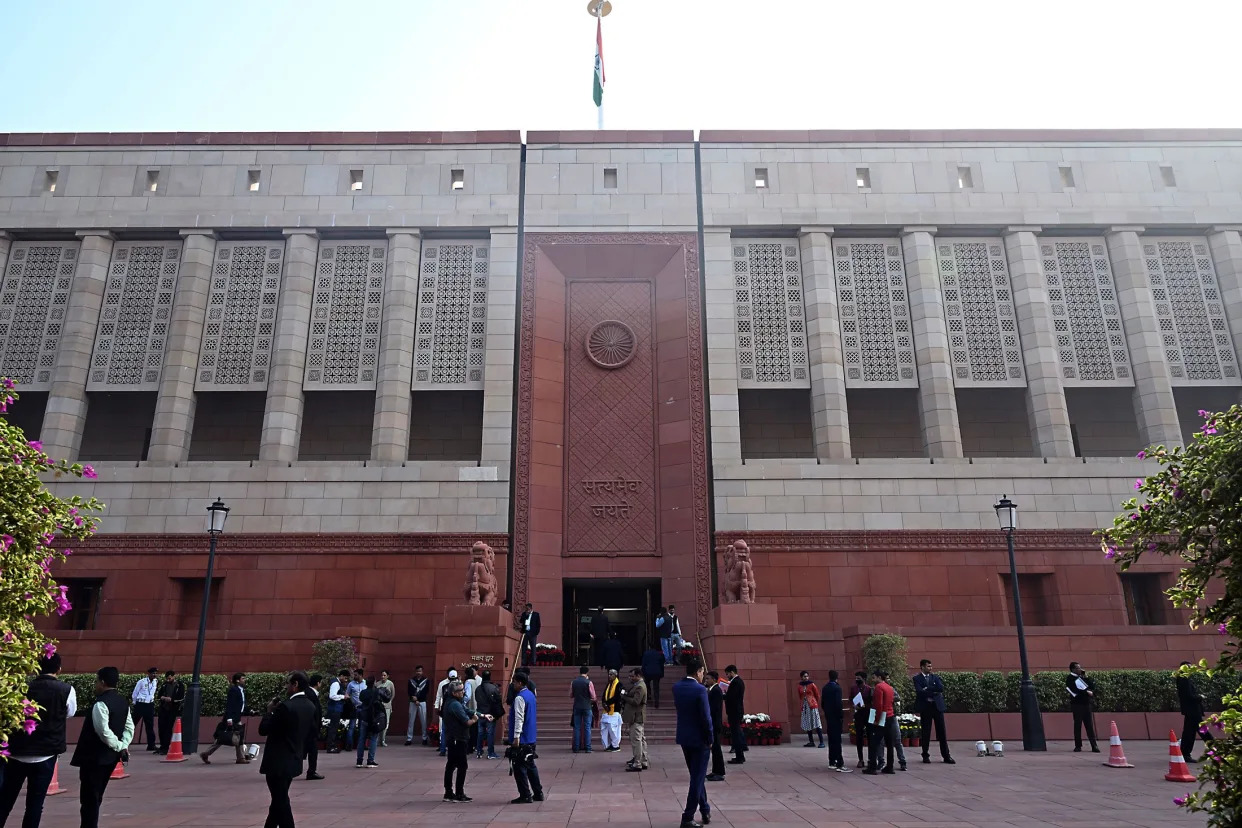
(Bloomberg) -- Sign up for the India Edition newsletter by Menaka Doshi – an insider's guide to the emerging economic powerhouse, and the billionaires and businesses behind its rise, delivered weekly.
India’s parliament pushed through some crucial bills, including proposed changes to overhaul the criminal justice system, despite a record number of opposition members still suspended.
The lower house of parliament, or Lok Sabha, Wednesday approved by voice vote three bills seeking to overhaul the existing criminal justice system in the country. The government has tabled several other bills before the winter session ends this week.
Almost no opposition lawmakers were present after as many as 151 parliamentarians were suspended from both the upper and lower chambers in the past week.
The bills covering the criminal justice system will create a new version of the penal code and laws on procedures and evidence to replace colonial-era legislation.
“It’s time to put an end to colonial laws in India,” Home Minister Amit Shah said in parliament, adding the colonial-era laws were made as “a source of punishment for Indians” but the new laws will deliver “justice.”
New Criminal Laws Add to Unease of Doing Business: India Edition
The opposition lawmakers from 28 separate parties were suspended for disrupting parliamentary proceedings by waving placards and making loud protests for the government to address a recent security breach in the house.
The opposition groups, which have formed an alliance to fight Prime Minister Narendra Modi’s party in elections in coming months, said they will hold nationwide protests on Friday against the suspensions.
Jairam Ramesh, a lawmaker from the Congress party who was suspended this week, said there is a “complete purge” being carried out so that “draconian bills are passed without any meaningful debate.”
The new criminal law bills, which need to be approved by parliament’s upper house and the President of India to become law, revamp definitions of certain offenses while also making punishment more stringent for crimes such as terrorism, mob violence, crimes against the nation’s security and sovereignty, among others.
Two other bills are also on the agenda. The telecommunication bill seeks to create a comprehensive code to govern the sector, although critics say it may infringe on the privacy rights of citizens by giving the government power to intercept electronic communications.
The lower house is also likely to consider the bill for the appointment of election commissioners, which has already been cleared by the upper house.
(Updates with the passage of criminal bills)
©2023 Bloomberg L.P.
India suspends 141 lawmakers as ruling BJP accused of stifling opposition
Rhea Mogul and Manveena Suri, CNN
Wed, December 20, 2023
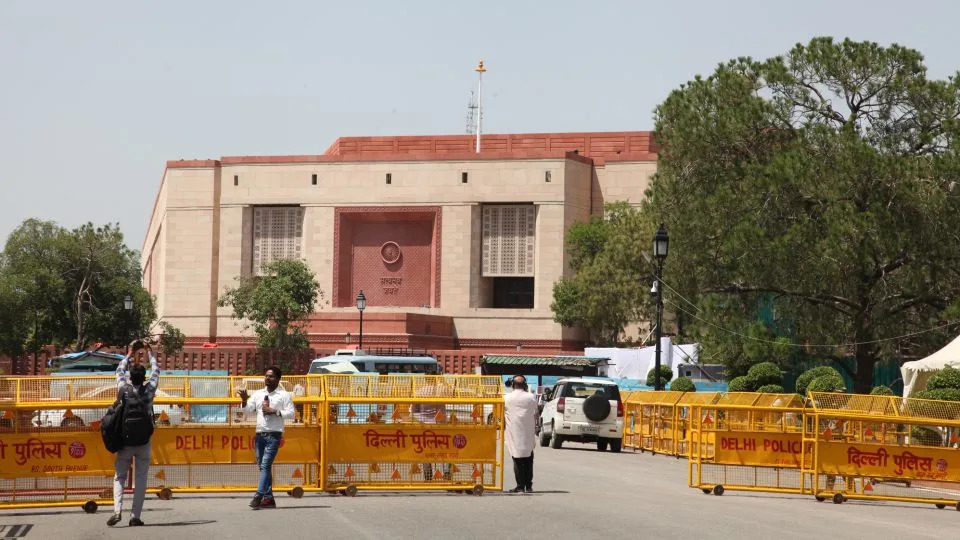
Opposition lawmakers are accusing India’s government of an attack on democracy after dozens of them were suspended from parliament this week, the latest twist in a historic dispute between the ruling Bharatiya Janata Party (BJP) and a newly formed alliance that is seeking to unseat them next year.
House speakers have suspended a total of 141 opposition lawmakers – 95 from the lower house and 46 from the upper chamber – according to a tally by CNN affiliate CNN News18, in what one rights group said was a record.
Prime Minister Narendra Modi’s BJP has a majority in both houses and is now expected to legislate almost unopposed for the remainder of the session that ends Friday.
The suspensions come as parliament is set to debate a controversial criminal reform bill, which Mallikarjun Kharge, chief of the main opposition Congress party, has said could “unleash draconian powers and impede citizen’s rights.”
Modi’s government “does not want the people of India to hear out the Opposition, while these Bills are debated and deliberated,” he wrote on X, formerly Twitter.
The suspensions were enacted following a major security breach in parliament last week when two men stormed the chamber, chanting slogans and releasing colored gas. The opposition lawmakers demanded a parliamentary debate on the breach – only to be suspended by their respective house speakers for causing disorder.
“For the first time in my parliamentary career of nearly 15 years, I too entered the well of the House holding a placard calling for a discussion on the recent security breach,” Shashi Tharoor, a suspended Congress lawmaker, wrote on X. “I did so out of solidarity with my (Congress) colleagues, who have been unjustly suspended for demanding accountability from the government.”
Jairam Ramesh, another suspended Congress lawmaker, described the suspensions as a “complete purge.” The removal of opposition lawmakers occurred “so that draconian bills are passed without meaningful debate,” he claimed on X.
Describing the suspensions as a “record number,” the New York-based Human Rights Foundation said it “strongly condemns India’s ongoing crackdown on the opposition and critics,” in a statement posted on X on Tuesday.
Most of the suspended MPs are part of an alliance known as INDIA, a coalition of opposition parties that is looking to defeat Modi and the BJP in next year’s general election, expected in May.
The BJP has been repeatedly accused by its critics of stifling opposition and undermining democracy in parliament. It has repeatedly denied the allegations.
CNN has reached out to the BJP for comment. On X, the party said the lawmakers were suspended for their conduct in parliament.
In an interview with a Hindi-language newspaper on Sunday, Modi said the security breach was a serious matter that should be investigated, but one that does not require a parliamentary debate.
